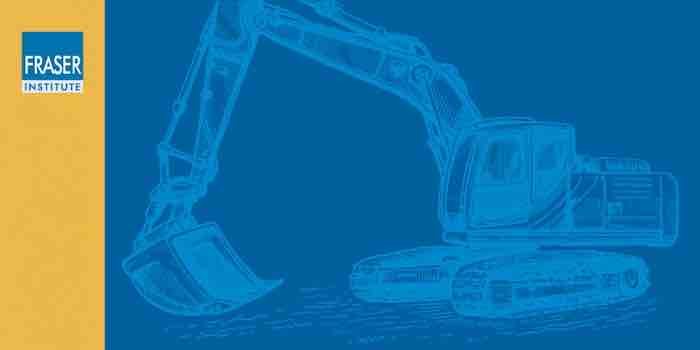Reality of socialism in Poland serves as a stark warning to the 50% of young Canadians who favour socialism

VANCOUVER—Younger Canadians aged 18 to 24—50 per cent of whom favour socialism as their preferred economic system—need to understand the real misery socialism inflicted on countries that tried it such as Poland. This is the main lesson of an upcoming book to be published by the Fraser Institute, an independent, non-partisan, Canadian public policy think-tank, working in partnership with think tanks in the U.S., Australia and the U.K.

 The Fraser Institute is an independent Canadian public policy research and educational organization with offices in Vancouver, Calgary, Toronto, and Montreal and ties to a global network of 86 think-tanks. Its mission is to measure, study, and communicate the impact of competitive markets and government intervention on the welfare of individuals. To protect the Institute’s independence, it does not accept grants from governments or contracts for research. Visit
The Fraser Institute is an independent Canadian public policy research and educational organization with offices in Vancouver, Calgary, Toronto, and Montreal and ties to a global network of 86 think-tanks. Its mission is to measure, study, and communicate the impact of competitive markets and government intervention on the welfare of individuals. To protect the Institute’s independence, it does not accept grants from governments or contracts for research. Visit 

















